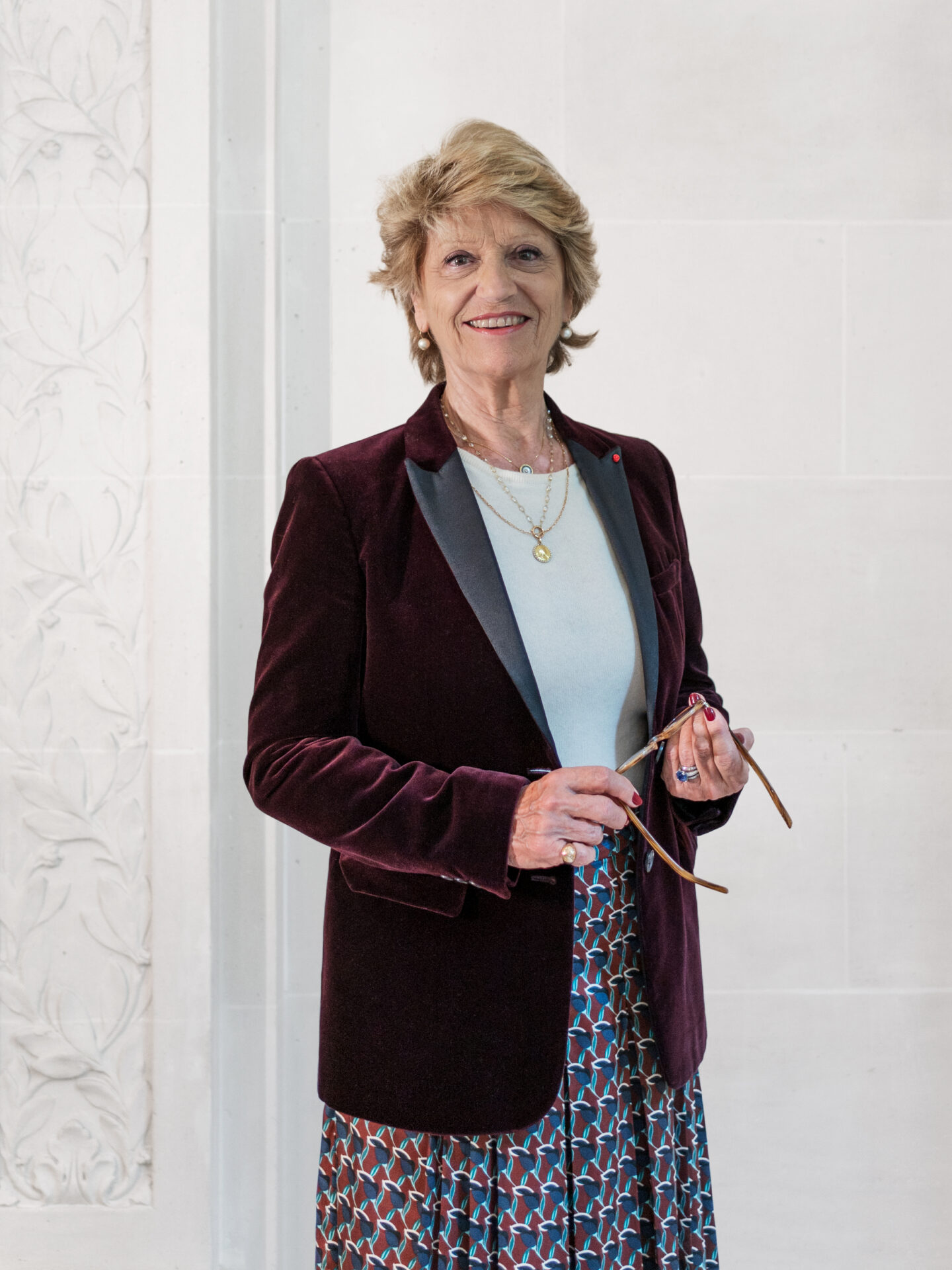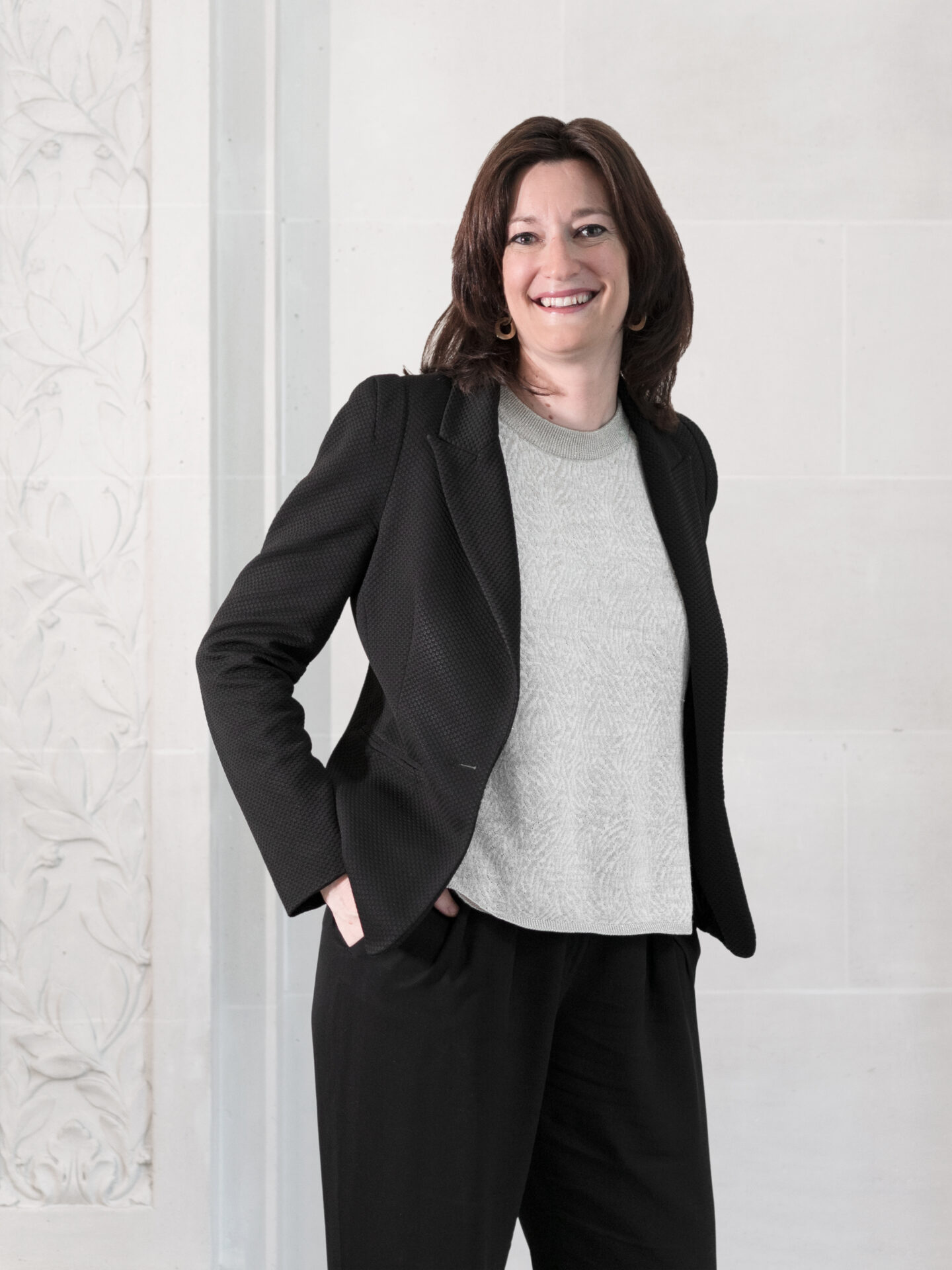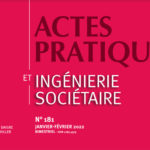By Catherine Paley-Vincent, Associate lawyer, Nathalie Boudet-Gizardin, Lawyer counsel and Lea Manche, associate lawyer.
To respond to the concrete difficulties posed by the medical care of an increased number of patients, the Government issued the decree of March 21, 2020, supplementing the decree of March 14, 2020 on various measures relating to the fight against the spread. of the COVID-19 virus.
Given the limited number of beds available in France in intensive care and intensive care during this period of major health crisis, and despite support from the Army health service, the Minister of Solidarity and Health has taken measures " in order to be able to cope with a large influx of patients in the emergency and intensive care units ».
Completing the initial decree of March 14, 2020 which laid the groundwork for this health war against disease (closure of restaurants, schools, etc./), the decree of March 21, 2020 now provides, among the " Measures concerning healthcare establishments ”, an article 7 worded as follows: " In view of the seriousness of the health situation and until April 15, 2020, the general managers of regional health agencies are empowered, under the conditions provided for in Article L. 6122-9-1 of the Public Health Code, to authorize health establishments to carry out a care activity other than that at title of which they were authorized. »
In normal times, the Regional Health Agencies (ARS), whose mission is to regulate the health supply in the region, issue establishments with sectoral authorizations according to a strict allocation procedure (cf. article L. 6122-2 of the Public Health Code). In particular, resuscitation and emergency medicine activities must be authorized by the ARS.
From now on, and until April 15, 2020, under the decree of March 21, 2020, the Directors of the ARS can authorize establishments to carry out “other” care activities, that is to say outside their usual field of activities for which they already have an authorization.
This derogatory authorization, taken as an "emergency" and in application of articles L. 6122-9-1 and L. 3131-1 of the Public Health Code dealing with the question of the measures to be taken in the event of serious health threats, will thus give more flexibility for healthcare institutions, so that they can organize themselves more freely to treat both patients with COVID-19 and other patients.
This provision will also allow new mutual aid between health establishments, forced to reorganize their care channels and possibly to open new resuscitation and emergency medicine services, essential today, subject to the availability of staff and resources. necessary material.
It is also public-private cooperation which should, by this measure, be encouraged: private clinics, which are currently underutilized, will indeed be able more easily to reinforce public hospitals overwhelmed with their emergency and medical services. intensive care.
Faced with an exceptional crisis, an exceptional health measure was required, with the only guarantee of a temporal safeguard " until April 15, 2020 », In accordance with the provisions of Articles L. 6122-9 and R. 6122-31-1 of the Public Health Code.

Catherine Paley-Vincent
Partner
Recognized expert in health law, she intervenes in particular for the constitution and monitoring of structures between hospital and / or liberal health professionals, for the management of possible conflicts and their transactional, judicial or disciplinary consequences. The field of medical imaging is particularly familiar to him.
She advises pharmaceutical companies on medical devices, labeling and clinical trials.
She is regularly consulted on the application of ethics, in particular with regard to the regulation of professional orders of networks, advertising and the Internet used in the medical and veterinary world.

Nathalie Boudet-Gizardin
Counsel
She joined the firm the same year in the Civil and Health team of Catherine Paley-Vincent. She advises health professionals particularly in terms of:
Civil, disciplinary and criminal defense of health professionals, professional orders and medical and veterinary biology laboratories
Advice and assistance to health professionals to structure their activities, including within the framework of public / private cooperation, particularly in medical imaging
Support for healthcare professionals and innovative companies in the development of their e-health projects.





